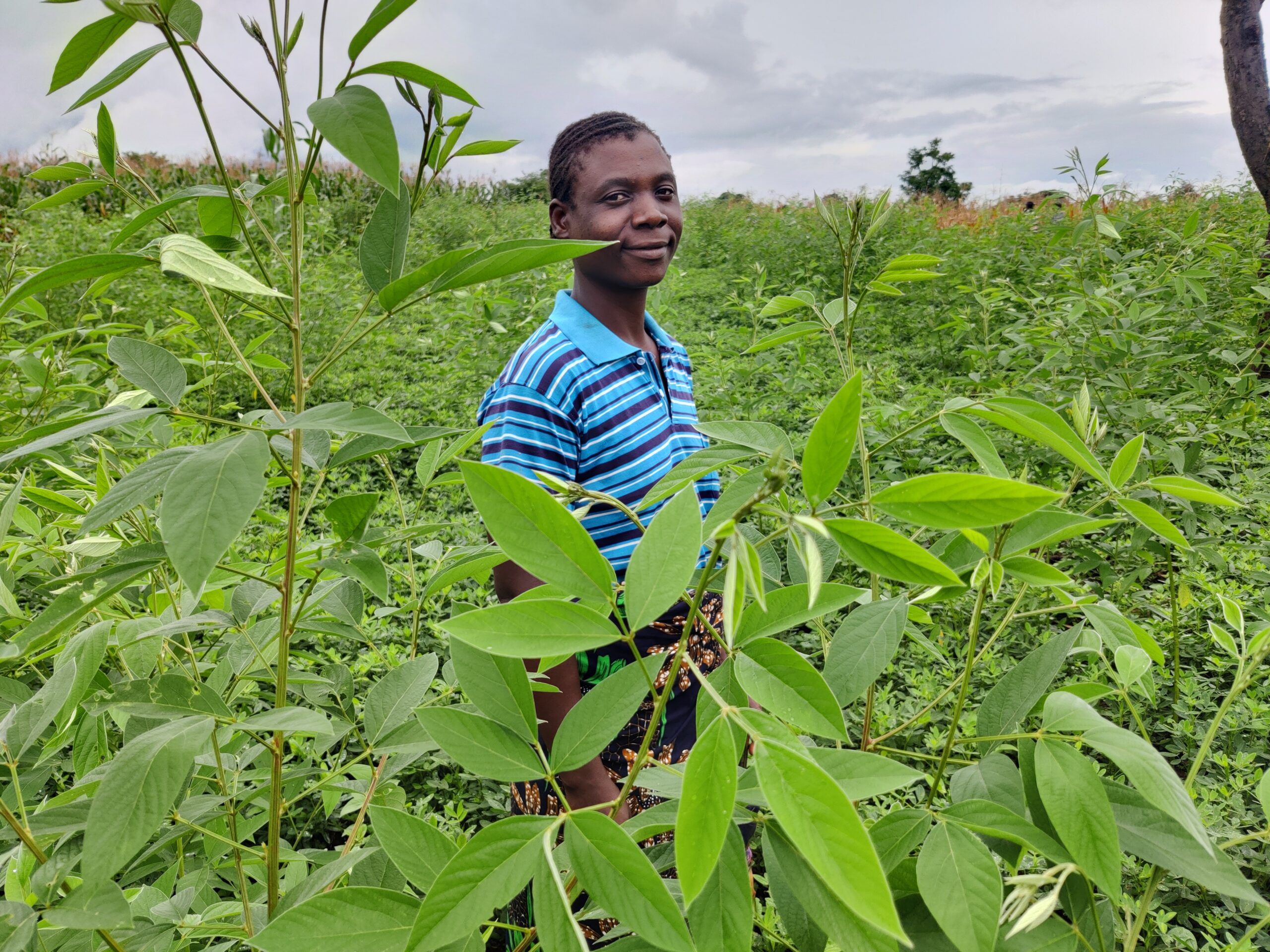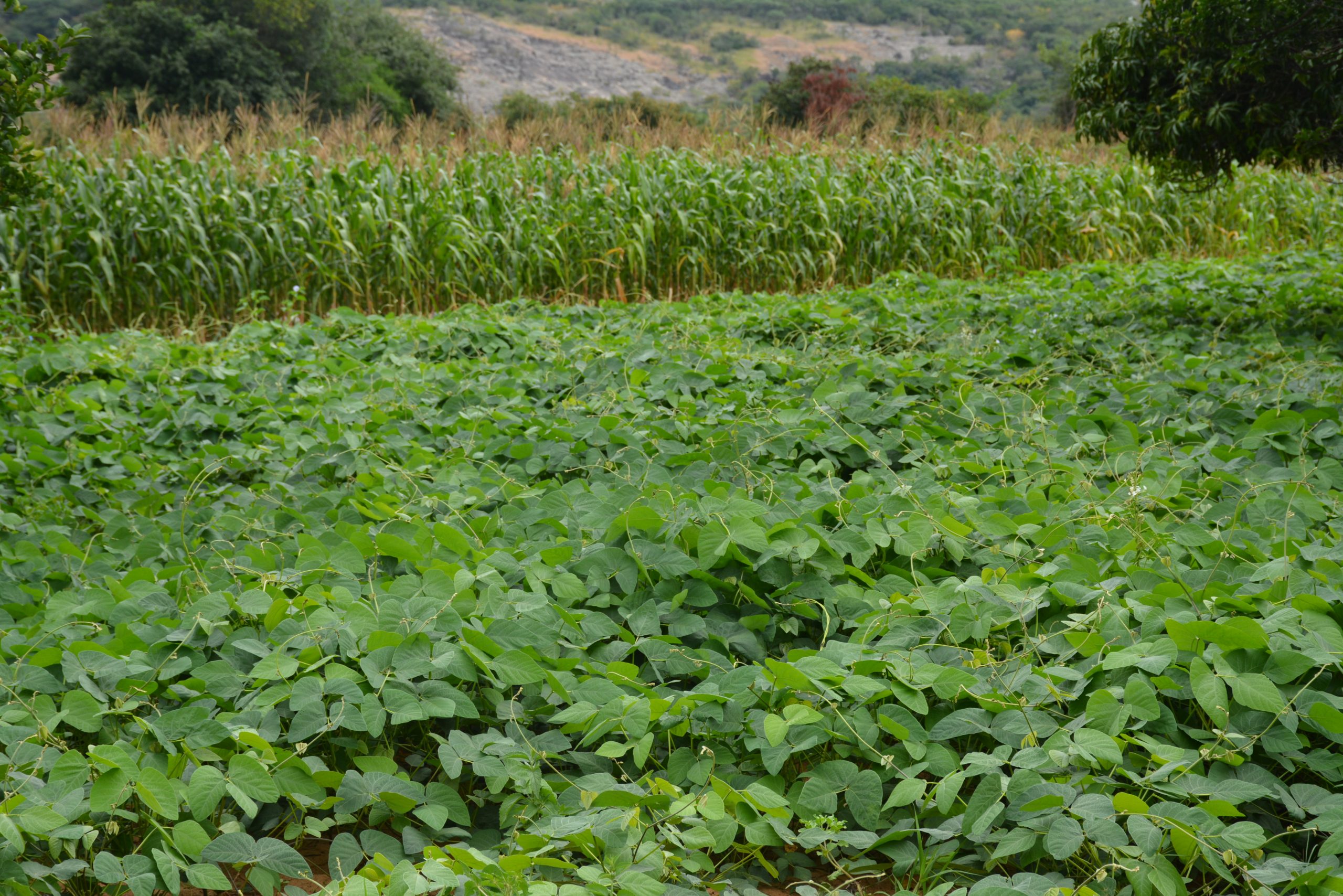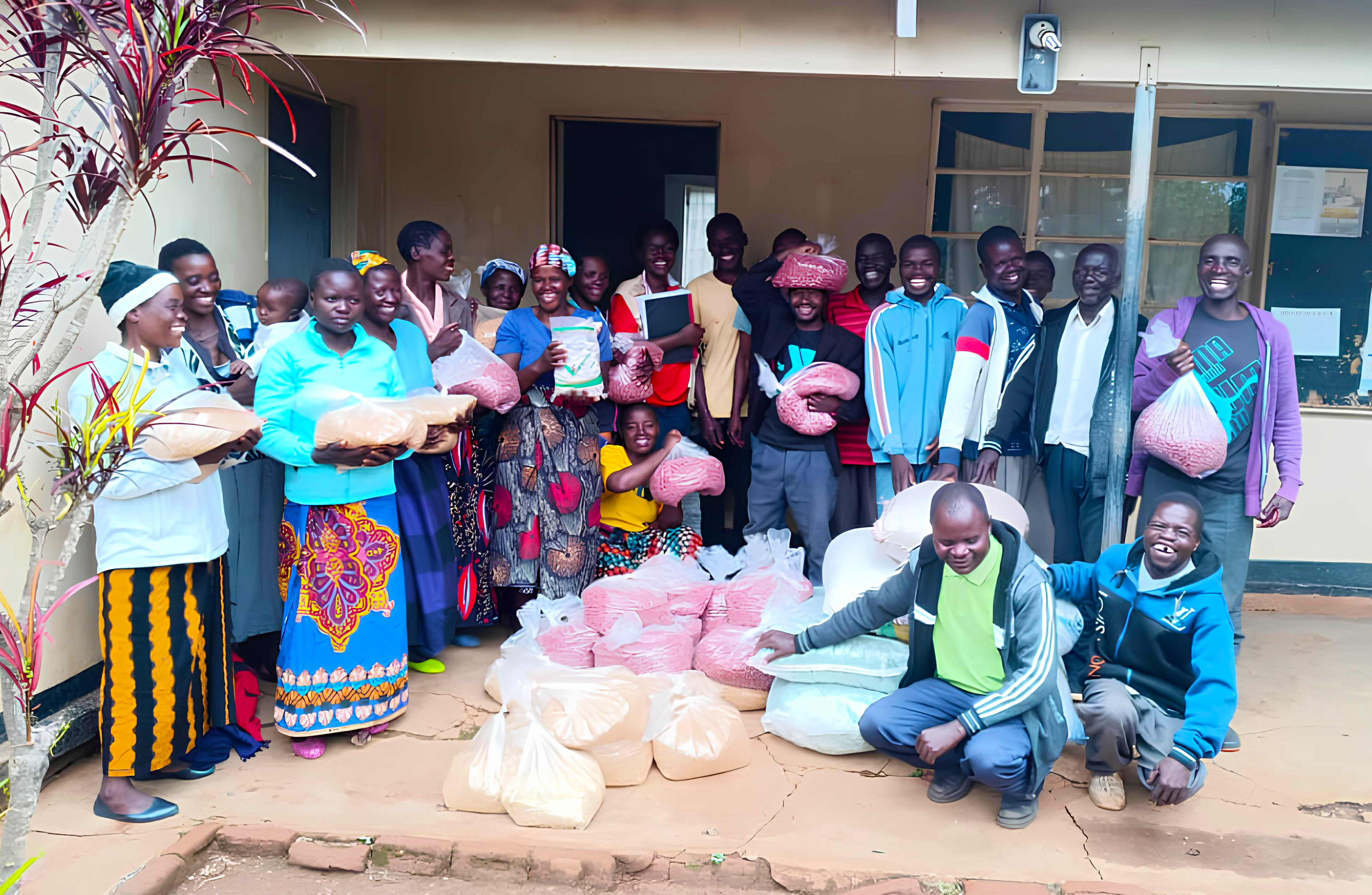
In Malawi’s rural districts, the onset of the rainy season is a time of anticipation—hope for a bountiful harvest, food for families, and income for daily needs. Yet, for many smallholder farmers in Dowa, Kasungu, and Ntchisi districts, that hope has too often turned into disappointment. Climate shocks and limited access to improved seed have trapped households in cycles of low yields and food insecurity.
Although researchers have released climate-smart varieties such as: Tikolore soybean, groundnut CG 9, pro-vitamin A maize MH43A, and KAS 56 & 57 wheat, these improved seeds rarely made it into farmers’ hands. The obstacle was not innovation, but delivery systems. Without efficient community-based channels, new varieties remained confined to warehouses instead of transforming fields.
A new approach: Farmers as seed entrepreneurs
Recognizing this gap, the Southern Africa Accelerated Innovation Delivery Initiative (AID-I) Rapid Delivery Hub partnered with Malawi’s Department of Agricultural Research Services (DARS) to pilot a bold idea: What if farmers became not just consumers of improved seeds, but also their producers and suppliers?
The Reinforce Rural Livelihoods through Community-Based Seed Entrepreneurship Project took root with this vision. Its goal was not merely to distribute seeds, but to equip farmers with the skills and resources to produce, multiply, and market them as certified seed entrepreneurs. Focused on groundnut and soybean—both nutritious crops with strong market demand and soil fertility benefits—the project aimed to improve both incomes and food security.
DARS established demonstration plots and farmer field clusters (‘mindandanda’) across the three districts, turning them into living classrooms. Here, farmers observed improved varieties in action, gained technical support from extension officers, and built the confidence to replicate these practices on their own farms.
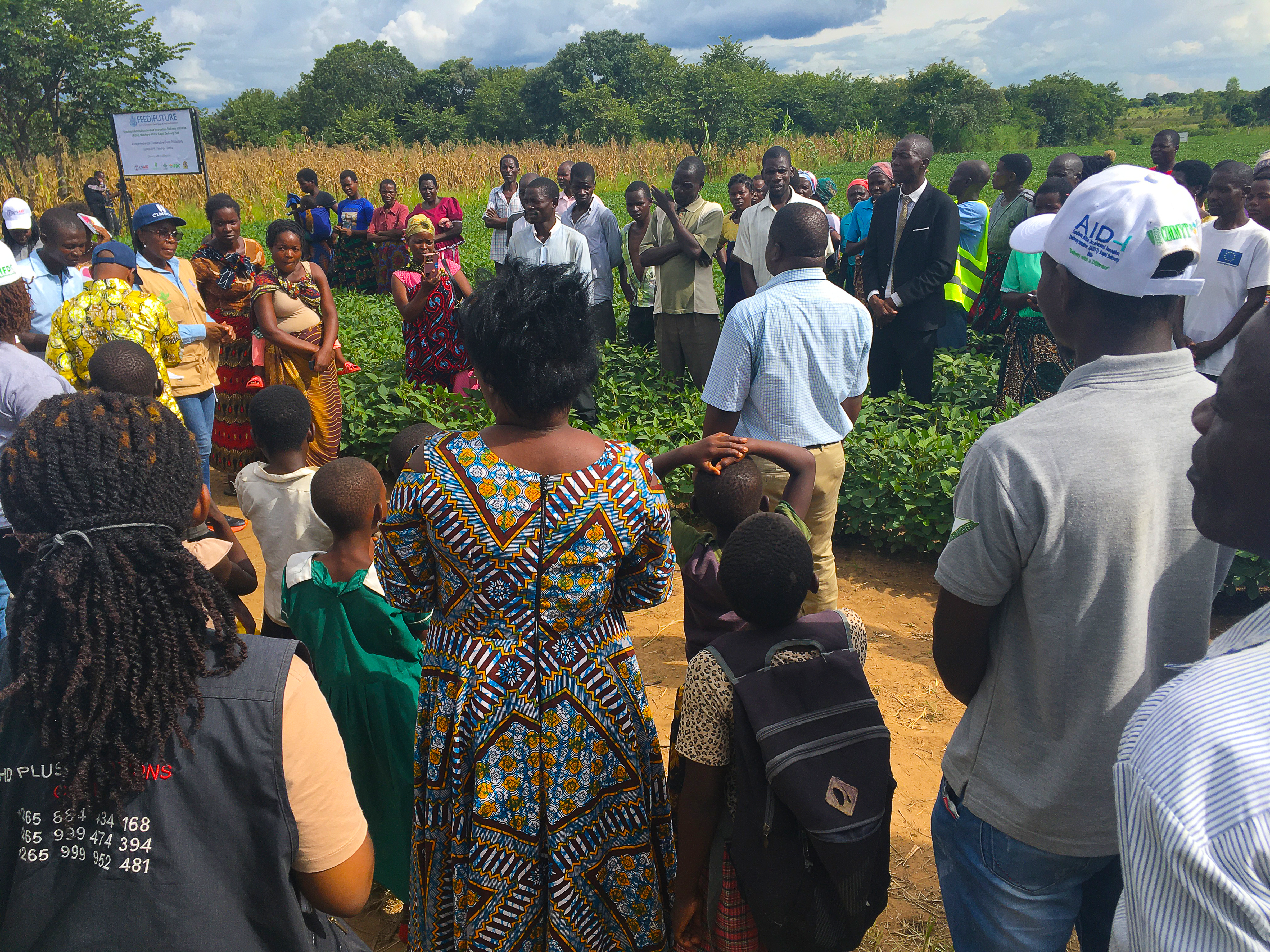
Seed as business, Knowledge as Power
This shift from subsistence farming to entrepreneurship is best illustrated through individual stories.
“I sold some produce and fed my children well. I’ve paid school fees and bought chickens,” says Esnart Aliki, a mother and farmer in Santhe, Kasungu District, her face brightening as she stirred a soy–maize blend for her family.
Just a year earlier, Esnart was struggling to meet even the most basic needs, relying on low-yielding maize and soybean. In 2023, she joined the initiative and gained access to Tikolore soybean, CG 9 groundnut, and Pro-Vitamin A maize, along with agronomy and business training. By 2024, the transformation was clear: she sold 912 kg of soybean seed and 352 kg of groundnut seed, earning MWK 1,094,400 (about US$895). This income gave her the means to pay school fees, buy household items, rear chickens, and consistently provide her children with three meals a day.
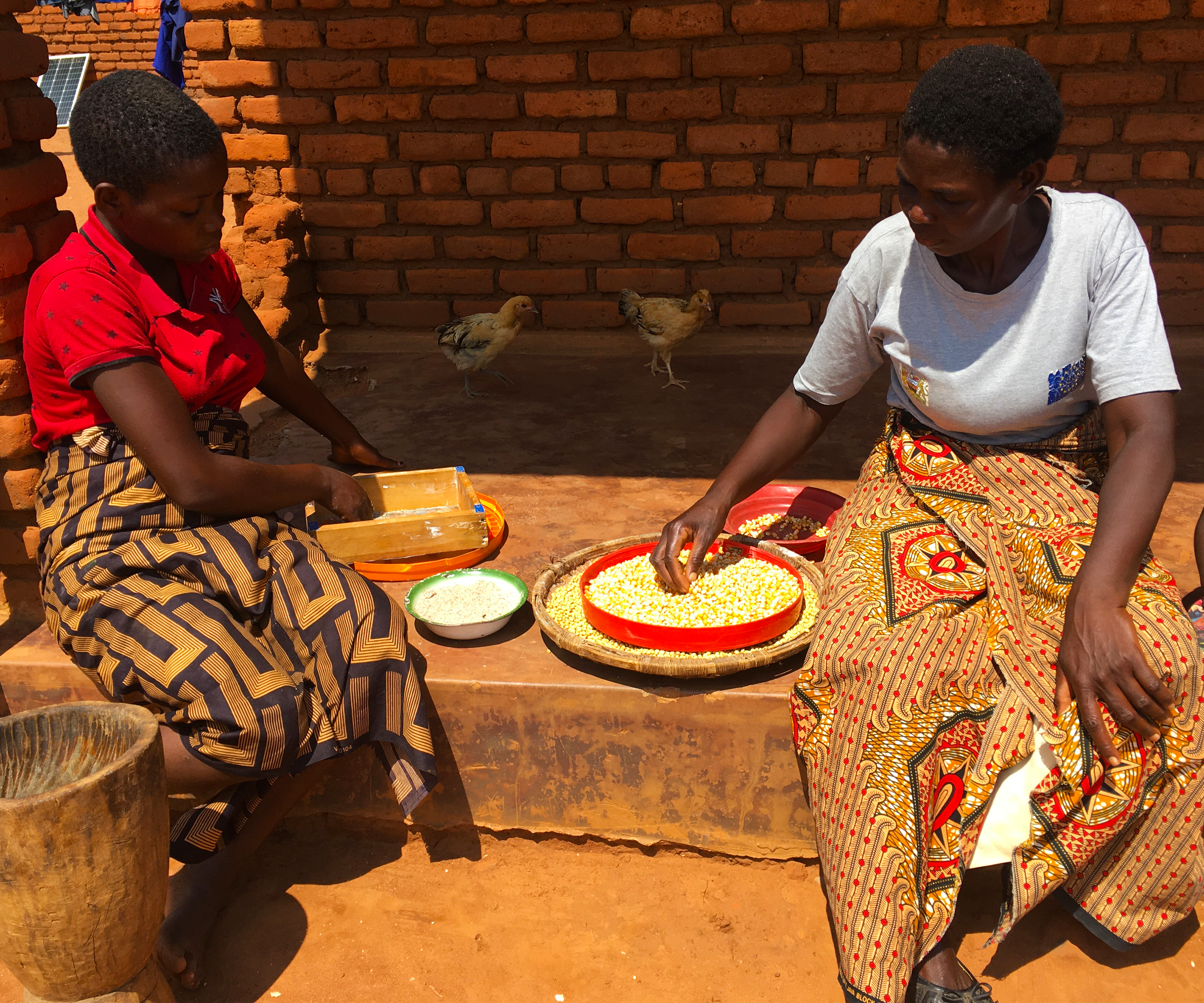
“Without this opportunity, we would be facing hunger,” reflects Jameson Lumbe of Kasungu, who once depended on tobacco and grain crops.
Equipped with improved seed and training, Jameson shifted to certified seed production. In 2024, he sold 1,120 kg of soybean seed and 800 kg of groundnut seed, generating MWK 1,676,000 (about US$1,370). With these earnings, he covered school fees, met household needs, and reinvested in livestock—laying the foundation for a more secure future.

Wider impact and scaling potential
The model has begun to inspire beyond its pilot districts. Agricultural officers from other regions are visiting demonstration fields and seed fairs to learn and adapt the approach. The success lies not just in higher yields, but in building a self-sustaining local system of production, marketing, and knowledge-sharing.
At the national level, data reflects the change. Despite prolonged dry spells, soybean seed production in Malawi surged from 1,157.82 metric tons in 2022/23 to 16,859.94 metric tons in 2023/24, largely driven by this community seed entrepreneurship model.
Beyond income and yields, the initiative supports national priorities: enhancing climate resilience, boosting rural nutrition, and strengthening household economies while reducing dependence on external input systems.
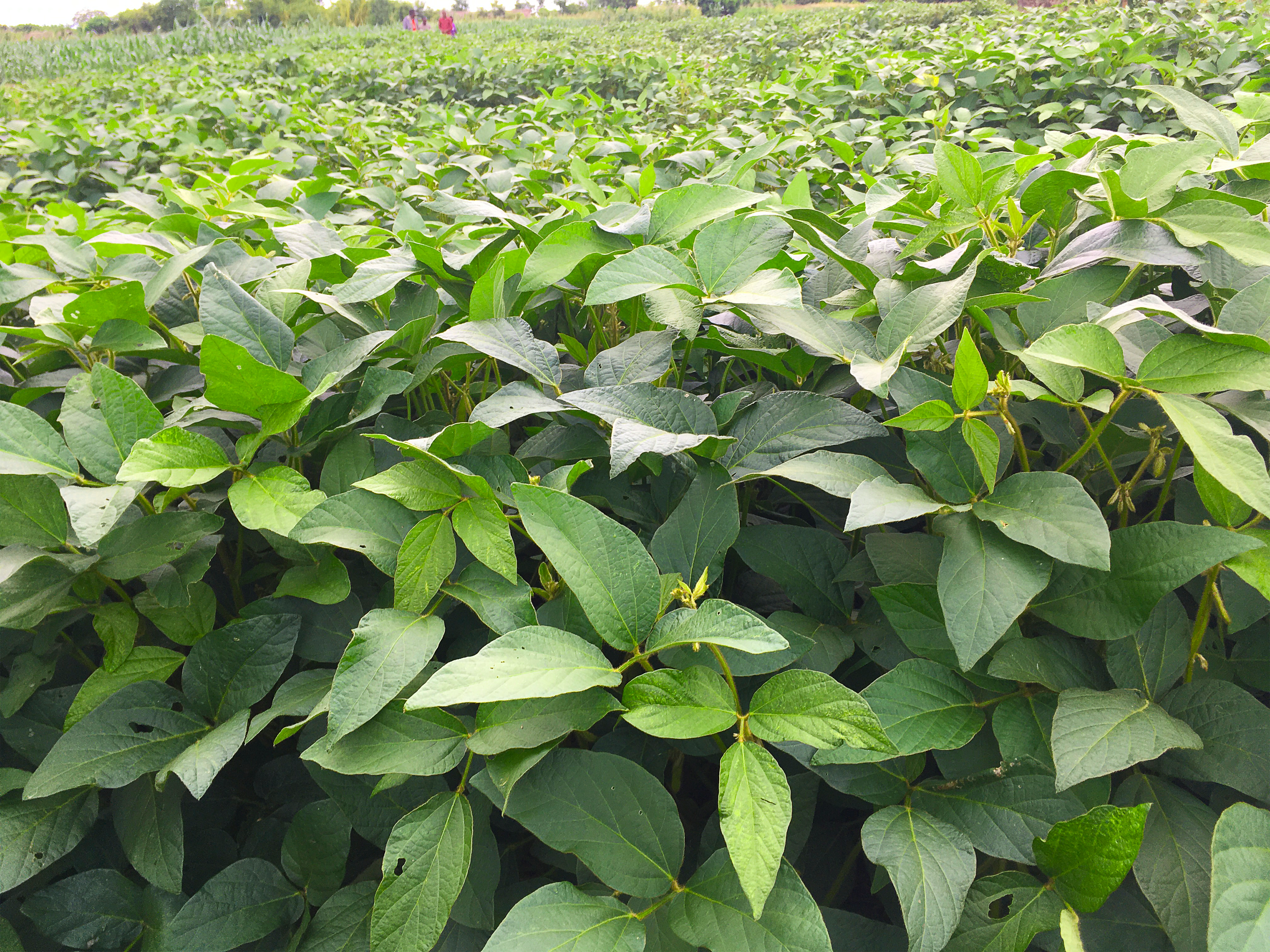
The strength of Malawi’s community seed entrepreneurship lies not only in numbers but also in people’s stories. By centering solutions around farmers, the AID-I and DARS partnership has cultivated more than crops—it has nurtured confidence, self-reliance, and local resilience.
This initiative offers a replicable blueprint for empowering farmers as innovators and partners in building resilient food systems. With continued support from institutions like CIMMYT, Malawi’s experience shows that food security can be grown from the ground up—by farmers, for farmers, with communities at the center.

 Nutrition, health and food security
Nutrition, health and food security 